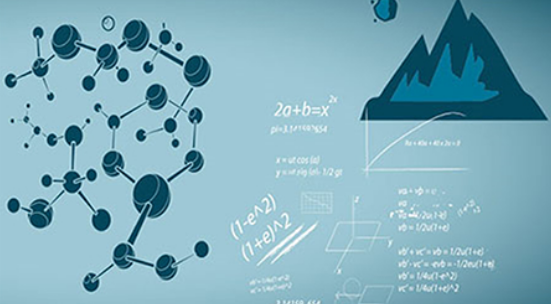Face to face or blended learning? A case study: Teacher training in the pedagogical use of ICT
https://link.springer.com/article/10.1007/s10639-022-11144-y
Abstract
We are experiencing a transitional period in education: from the traditional, face to face teaching model to new teaching and learning models that apply modern pedagogical approaches, utilize technological achievements and respond to current social needs. For a number of reasons including the recent pandemic covid-19 situation, technology enhanced distance learning, seems to gain ground against traditional face to face teaching and in fact, in a sharp way. Acknowledging that changes in education need time, research and careful steps in order to be successfully applied and established at large scale, in this paper we attempt to compare face to face (“traditional”) teacher training with teacher training through a blended learning approach/ model. The latest combines characteristics of both face to face and distance learning models. The case study is based on a large-scale in-service teacher training initiative which has been taking place in Greece for over a decade to train teachers in the utilization and application of digital technologies in the teaching practice (i.e. B-Level ICT Teacher Training). The B-Level ICT Teacher Training was initially based exclusively on face to face teaching but it was later adapted to a specially designed blended learning model which combined both face to face and synchronous distance sessions, accompanied by asynchronous activities and supported by specific e-learning platforms and tools. The comparison refers to the effectiveness of the two models/ approaches, as it derives from teacher trainees’ performance, especially in the framework of the certification procedure that takes place through nationwide, independent exams that follow the training and assesses the relevant knowledge and skills acquired. Research findings point out better performances of a small or marginal scale for the teachers of various specialties who participated in blended learning teacher training programs compared to those who participated in traditional teacher training programs. Actually, it is shown that blended learning model trainees i) feel more comfortable to participate in the exams for the certification of knowledge and skills acquired, ii) have some better success rate and iii) get a bit higher grades in these exams. Thus, it can be argued that learning outcomes of the blended learning application in this teacher training initiative, overstep those of the “traditional” model in a small scale and with some slight differentiations among teacher specialties.






2 comments
Author
Δοκιμαστική ανάρτηση για να δούμε τις δυνατότητες των “e-me blogs”
Οκ. Δήμητρα, θα κάνω κάποιες δοκιμές με τον χειρισμό του δικού σου σχολίου